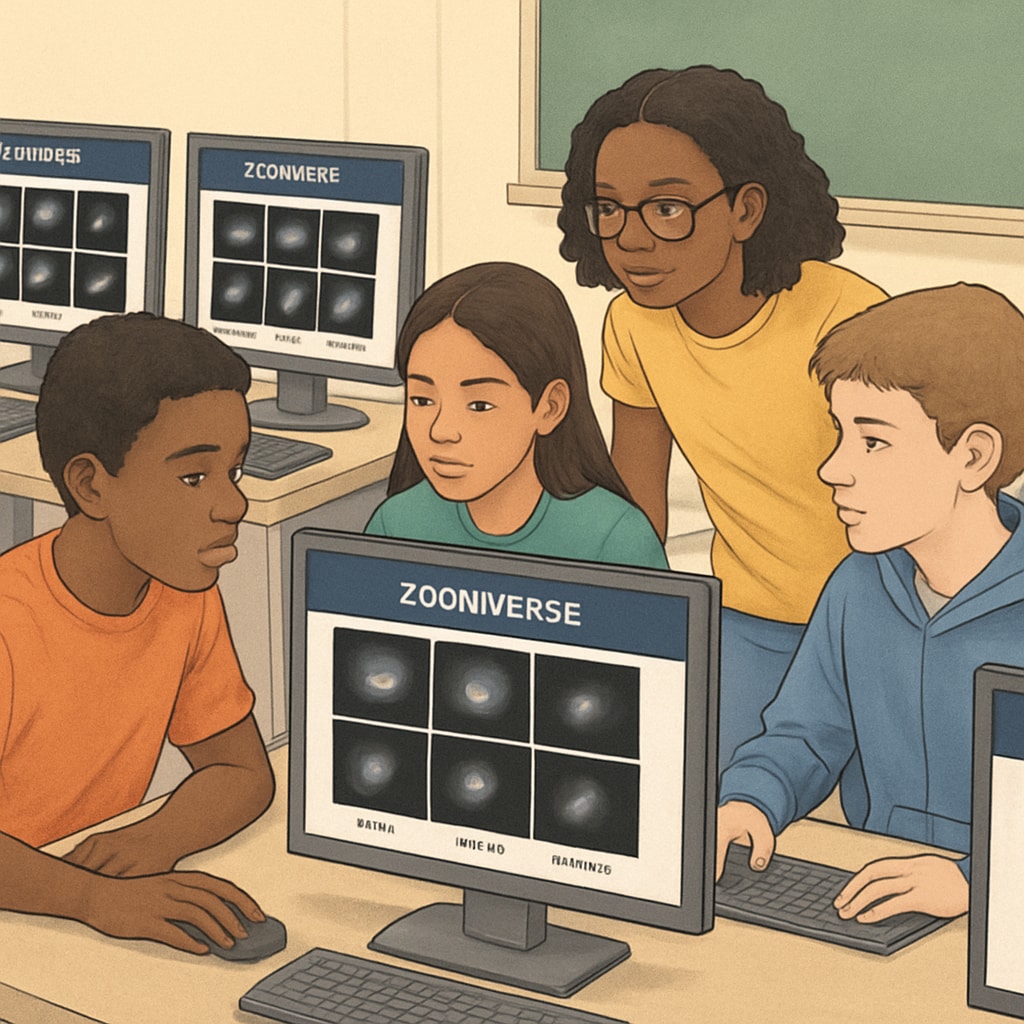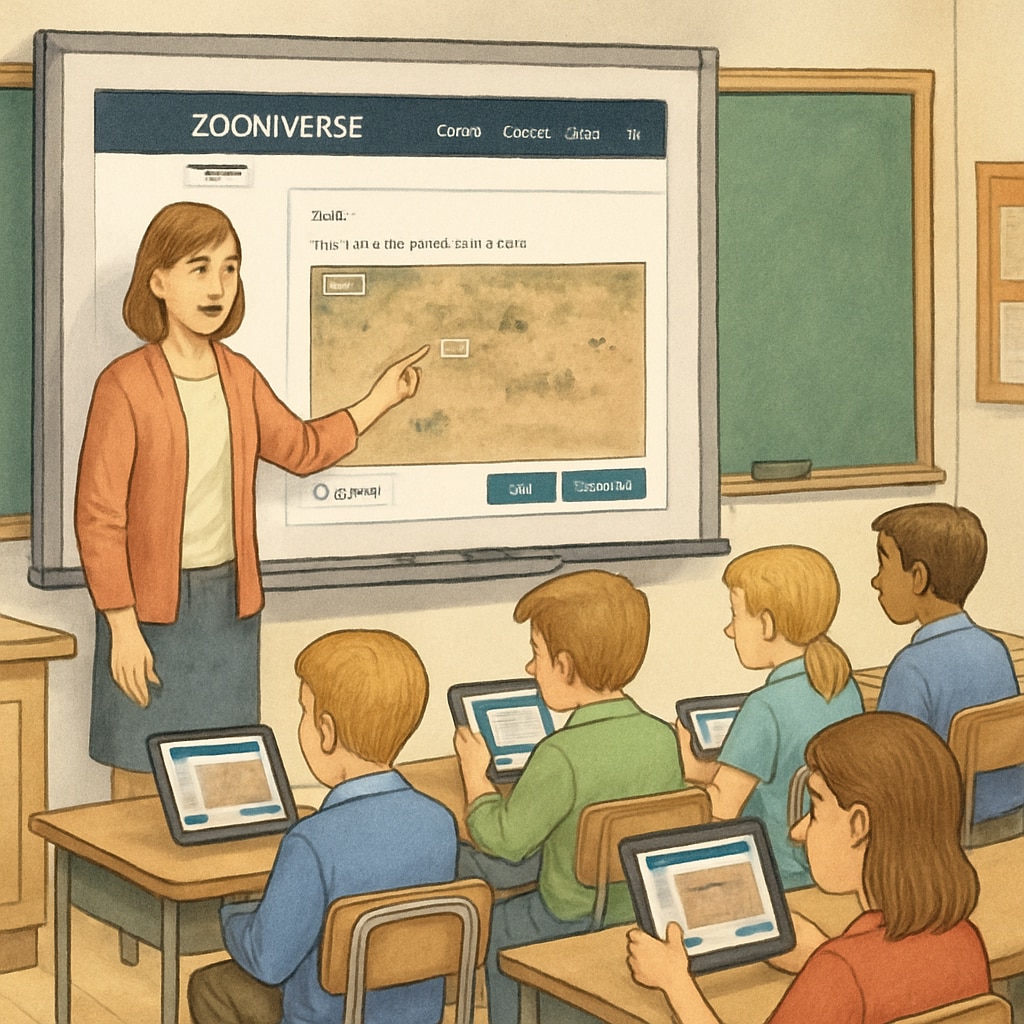Citizen science, Zooniverse, and scientific projects are revolutionizing K12 education by providing students unprecedented access to real-world research. As the world’s largest platform for people-powered research, Zooniverse connects classrooms with authentic scientific endeavors across disciplines from astronomy to zoology.

Bridging Classroom Learning and Real-World Science
Traditional science education often presents students with prepackaged experiments having predetermined outcomes. Zooniverse flips this model by offering genuine research challenges where student contributions matter. For example, the Galaxy Zoo project has involved over 100,000 volunteers in classifying millions of galaxies – with some K12 participants making discoveries now cited in professional astronomy papers.
Implementing Citizen Science in Curriculum
Teachers can seamlessly integrate Zooniverse projects through:
- Project-based learning units: Allocate 2-3 weeks for focused participation
- Supplemental activities: Use 15-minute daily sessions for ongoing projects
- Cross-disciplinary connections: Link science projects to math, writing, and social studies

Developing Essential 21st Century Skills
Beyond scientific knowledge, Zooniverse participation cultivates:
- Critical thinking: Students evaluate real data with incomplete information
- Collaboration: Classes can join global research teams
- Digital literacy: Platform use builds technical confidence
Readability guidance: The National Science Teachers Association (NSTA) recommends citizen science as particularly effective for engaging underrepresented groups in STEM. By removing barriers to participation, Zooniverse makes scientific inquiry truly inclusive.


